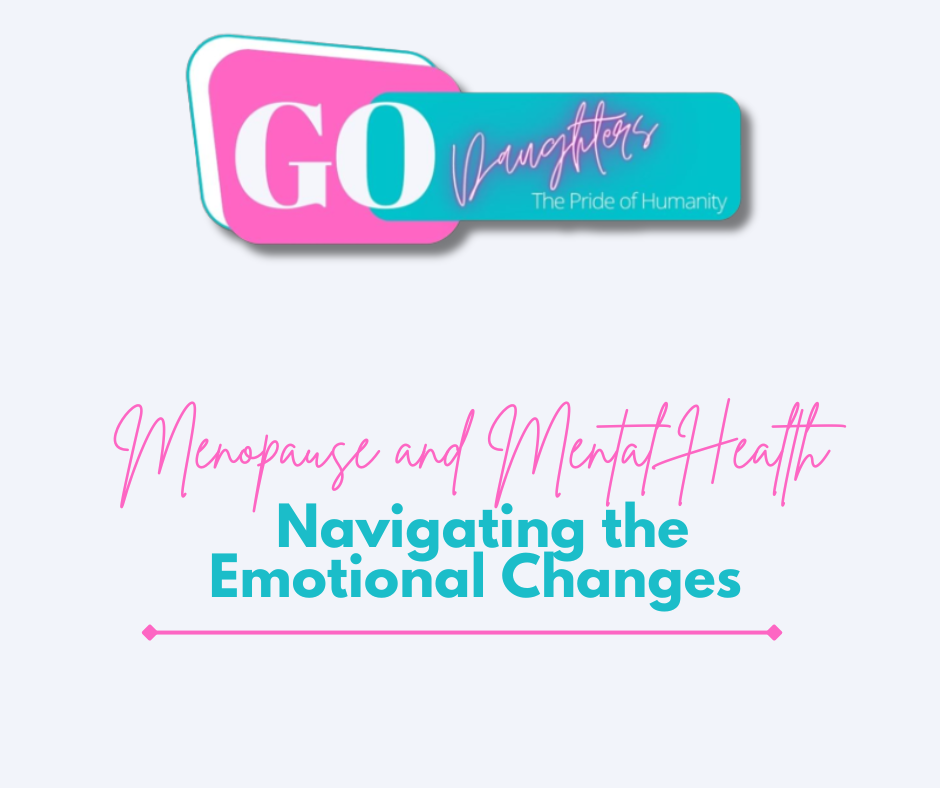
Menopause is not just a physical transition; it also brings about significant emotional and mental changes for many women. While not every woman experiences mood swings or emotional disturbances during menopause, it’s essential to be aware of these potential challenges and how to manage them effectively.
The Emotional Rollercoaster of Menopause
During menopause, hormonal fluctuations can affect neurotransmitters in the brain, leading to mood swings, irritability, and heightened emotional sensitivity. These emotional changes can be challenging to navigate, but there are strategies to help manage them effectively.
1. Open Communication
Talking about your feelings and experiences with a trusted friend, family member, or therapist can provide much-needed emotional support. Sometimes, simply sharing your concerns and emotions can provide relief and clarity.
2. Stress Management
Stress exacerbates many menopausal symptoms, including mood swings. Practicing stress reduction techniques such as mindfulness, meditation, deep breathing exercises, or yoga can help stabilize your emotional well-being.
3. Regular Exercise
Physical activity is not only beneficial for your physical health but also for your mental well-being. Exercise releases endorphins, which can improve mood and reduce feelings of anxiety or depression.
4. Balanced Diet
A healthy, well-balanced diet can positively impact your mood and energy levels. Include plenty of fruits, vegetables, whole grains, and lean proteins in your meals while limiting caffeine and alcohol intake.
5. Hormone Replacement Therapy (HRT)
For some women, HRT can alleviate mood swings and other emotional symptoms by stabilizing hormone levels. However, it’s crucial to discuss the potential risks and benefits of HRT with a healthcare provider before considering this option.
6. Support Groups
Joining a menopause support group can provide a sense of community and allow you to connect with others going through similar experiences. Sharing advice and coping strategies can be empowering.
7. Self-Care
Prioritize self-care during this phase of life. Engage in activities you enjoy, get enough sleep, and pamper yourself occasionally. Taking care of your physical and emotional needs is crucial.
When to Seek Professional Help
While mood swings and emotional changes are common during menopause, if you notice severe symptoms, such as persistent depression, anxiety, or thoughts of self-harm, it’s crucial to seek professional help promptly. These symptoms may indicate a more serious mental health issue that requires treatment.
Conclusion
Menopause is a significant life transition that affects not only a woman’s physical health but also her emotional well-being. By proactively managing stress, seeking support, and adopting healthy lifestyle habits, women can navigate the emotional changes of menopause with resilience and grace. Remember that you don’t have to go through this phase alone—reach out to loved ones and healthcare professionals for guidance and support.




